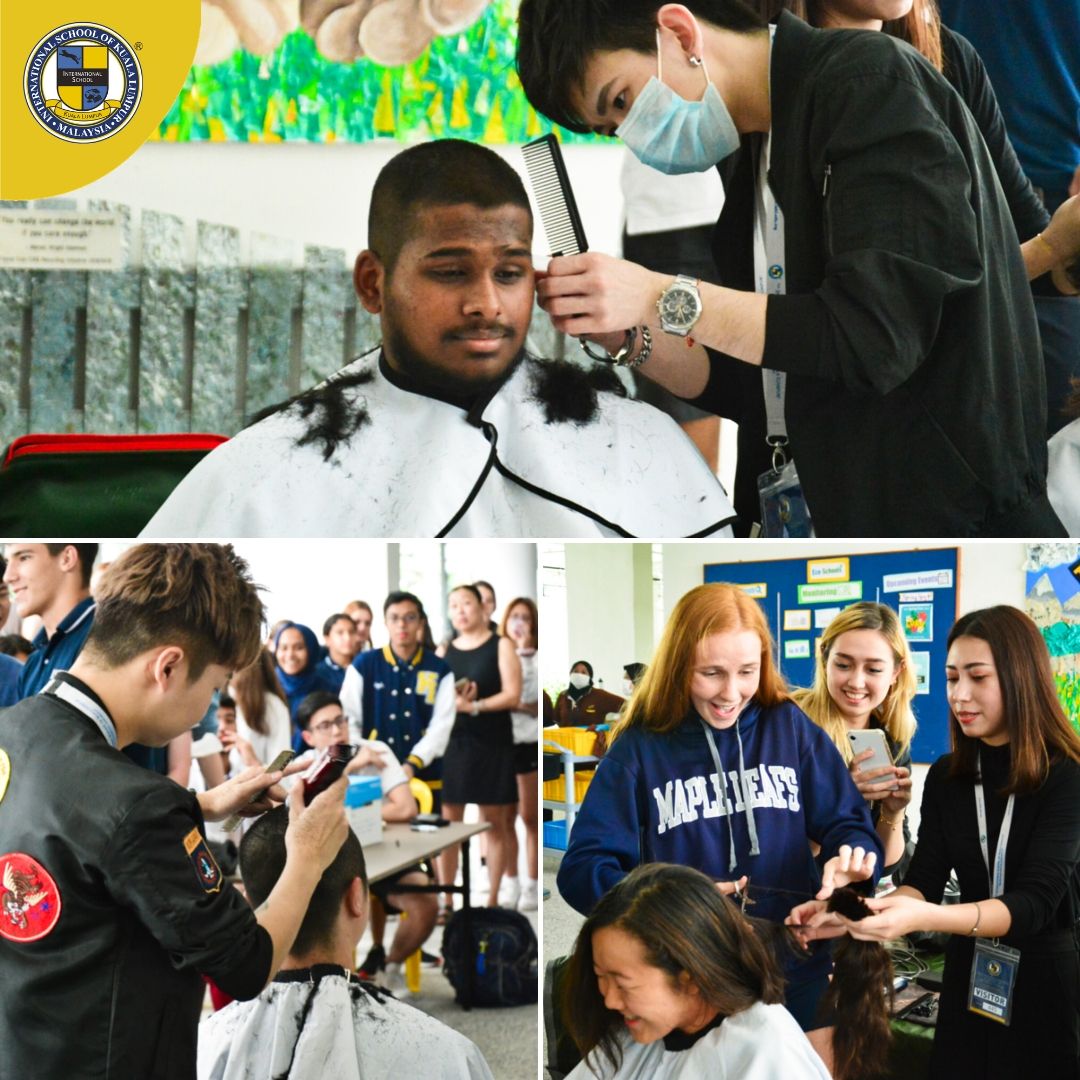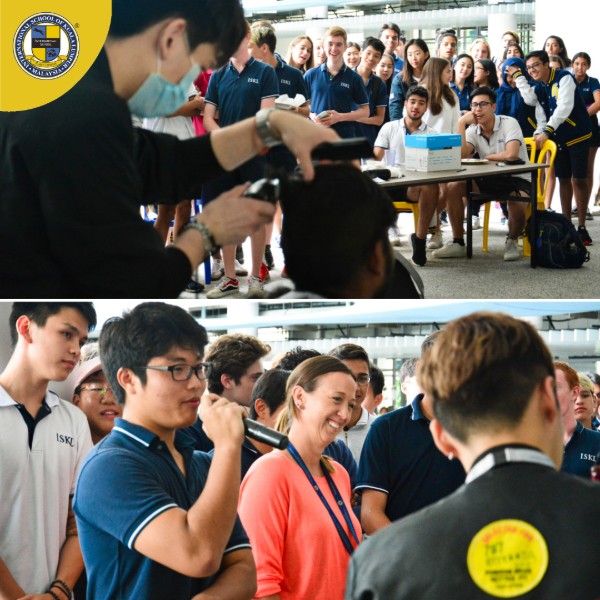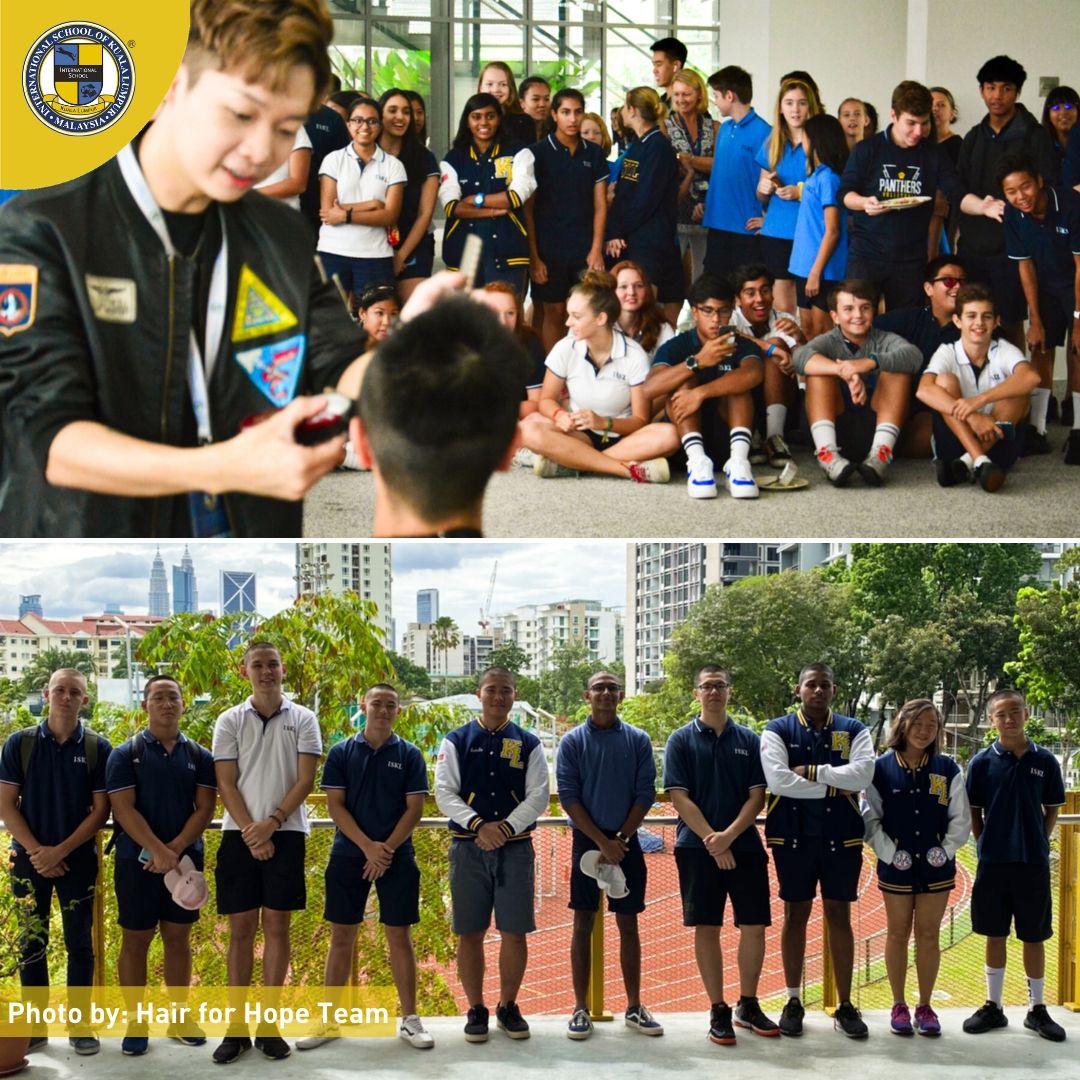 The Creativity, Activity, Service (CAS) Program in the IB Diploma Program has seven learning outcomes for personal development and growth. One of them is: “Recognize and consider the ethics of choices and actions.”
The Creativity, Activity, Service (CAS) Program in the IB Diploma Program has seven learning outcomes for personal development and growth. One of them is: “Recognize and consider the ethics of choices and actions.”
This is the one learning outcome that students ask about the most. In the IB Diploma Program, students need to engage with this in the other two Core elements, Theory of Knowledge (TOK) and Extended Essay (EE).
In both of these academic subjects, students are asked to consider such ethical implications as academic honesty, guidelines for conducting experiments, and ethical dilemmas in real life.
In CAS, students are often asked to think about what “service” really means, in light of the following definition of the Service strand of CAS: “collaborative and reciprocal engagement with the community in response to an authentic need.”
This is a continuing question that ISKL, as a school community, is also engaging with – through different activities with community partnership programs and sustainability practices with various groups and NGOs in KL and beyond. Some examples are community recycling sponsored by Earth Club, the Global Action Program (GAP), the Social Change Makers/ Red Hats, among others.
 In February, there was a CAS project event called ‘Hair for Hope’ during an HS lunchtime. It was initiated by two Grade 12 students who heard about it when they lived in Singapore. The event attracted a crowd that supported some brave HS students who volunteered to donate their hair to make wigs for cancer patients who lost their hair through chemotherapy. Kudos to those students who decided to do this to help out.
In February, there was a CAS project event called ‘Hair for Hope’ during an HS lunchtime. It was initiated by two Grade 12 students who heard about it when they lived in Singapore. The event attracted a crowd that supported some brave HS students who volunteered to donate their hair to make wigs for cancer patients who lost their hair through chemotherapy. Kudos to those students who decided to do this to help out.
There is an example of ethical consideration due to different perspectives in society in ‘Hair for Hope’ events. For example, it caught some media attention some years ago because some students whose hair got shaved off entirely during the event were asked by their schools to wear wigs in some countries. Some of them wrote open letters to state that this kind of directive negated the original intention of this project.
This example shows that what one group thinks is “ethical” may not always be understood as such by other parties. Yet, we all need to review and pursue what needs to be done to serve the needs of others. Having an ongoing dialogue about this as a school community is crucial for gaining a better understanding of designing and implementing appropriate actions in service. Conversations in classrooms, cafeterias, on sports fields, amongst friends, like-minded people, and within families, are significant and helpful.
 So, when doing service work, it is always important to check with different stakeholders about the ‘what and how’ of initiating action. Taking the initiative to do acts of kindness is essential. Through interactions and dialogues, we can collectively develop a shared understanding of concepts and opinions behind different perspectives, beliefs, and values that support our everyday living with our respective communities.
So, when doing service work, it is always important to check with different stakeholders about the ‘what and how’ of initiating action. Taking the initiative to do acts of kindness is essential. Through interactions and dialogues, we can collectively develop a shared understanding of concepts and opinions behind different perspectives, beliefs, and values that support our everyday living with our respective communities.
This article has been slightly amended and was initially written by ISKL’s High School (HS) Service & Sustainability Team.


